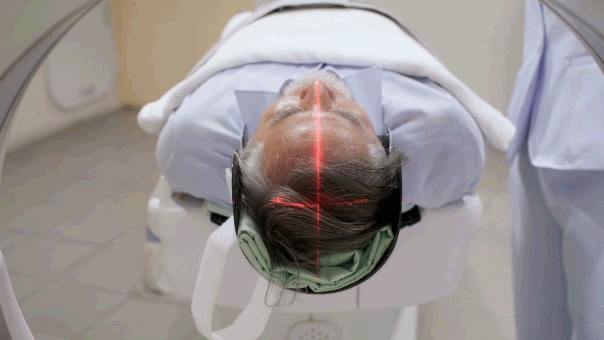
These images show injuries to the thigh and hand that resulted from burns from flames after the lithium-ion battery of an e-cigarette exploded. (The New England Journal of Medicine 2016)
Injuries from exploding e-cigarettes appear to be on the rise, according to a new analysis from a Seattle hospital.
Over a nine-month period from October 2015 to June 2016, health care workers at the University of Washington Medical Center treated 15 patients for injuries from exploding e-cigarettes.
For comparison, from 2009 to 2014, there were a total of 25 reports of injuries in the U.S. from these devices, the authors wrote in a letter published Oct. 5 in the New England Journal of Medicine.
"We suspect that with the growing use of [e-cigarettes], many hospitals around the country will see an increase in injuries related to e-cigarette explosions," the authors, led by Dr. Elisha Brownson, a surgeon specializing in burn care, wrote in the letter.
More From LiveScience
Of the 15 Seattle patients, 12 experienced burns from flames, according to the report. These injuries require extensive wound care and a procedure called skin grafting — in which a piece of the patient's healthy skin from another part of the body is transplanted to the burned area — the authors wrote.
Chemical burns were also a common type of injury from an exploding e-cigarette: among the Seattle patients, five experienced such burns, which also require wound care. These burns are caused by the alkaline chemicals found in the device's battery, according to the report.
Four of the patients experienced "blast injuries," the authors wrote. These injuries caused tooth loss and "extensive" soft-tissue loss in the patients, and some patients needed surgery to remove damaged tissue and close up their wounds, according to the report.
Some of the patients with blast injuries also had "traumatic tattooing," which occurs when foreign particles get embedded below the surface of a person's skin, creating a tattooed appearance.
The authors noted that more than half of the injuries were to the thigh or groin, one-third of the injuries were to the hands and one-fifth of the injuries were to the face.
Patients injured by e-cigarettes often require medical treatments from a number of different specialists, including emergency medicine providers, plastic surgeons, burn care providers, vocational counselors and psychologists, according to the report.
In all of the cases that the authors described, the device's lithium-ion battery caused the explosion.
The authors noted that the Food and Drug Administration recently announced that it would begin to regulate all tobacco products, including e-cigarettes, but that it's unclear if the agency would also regulate the batteries.
Originally published on Live Science.
Copyright 2016 LiveScience, a TechMediaNetwork company. All rights reserved. This material may not be published, broadcast, rewritten or redistributed.








































